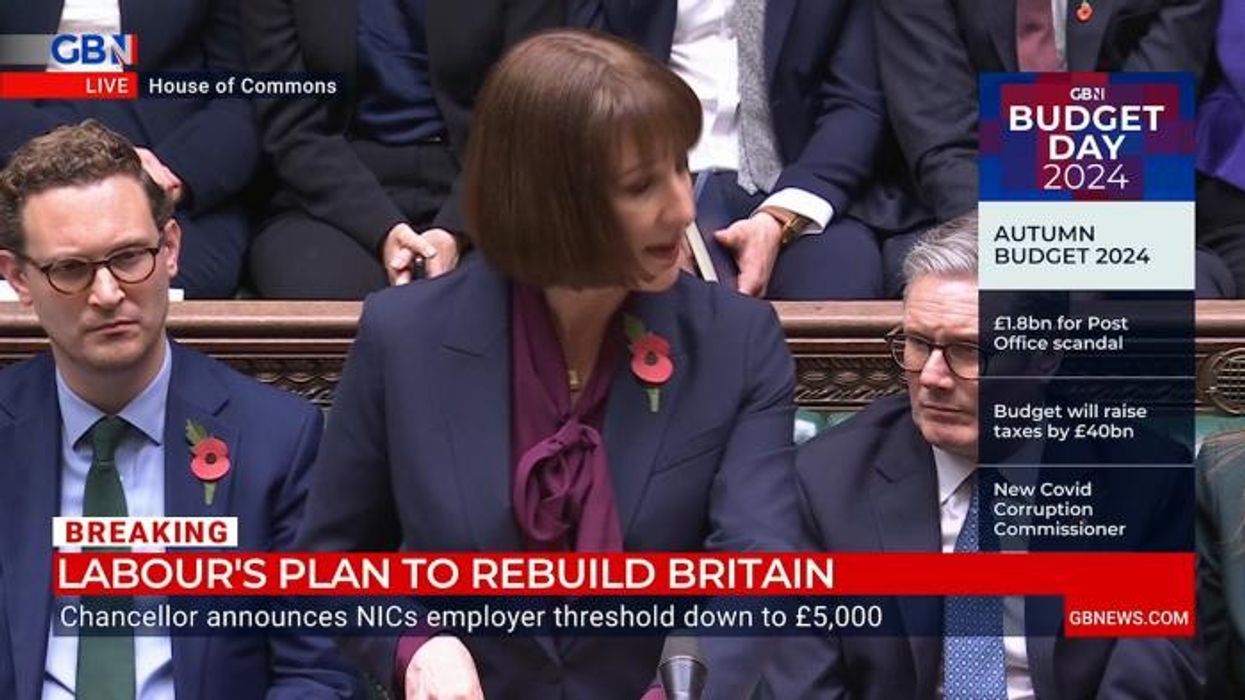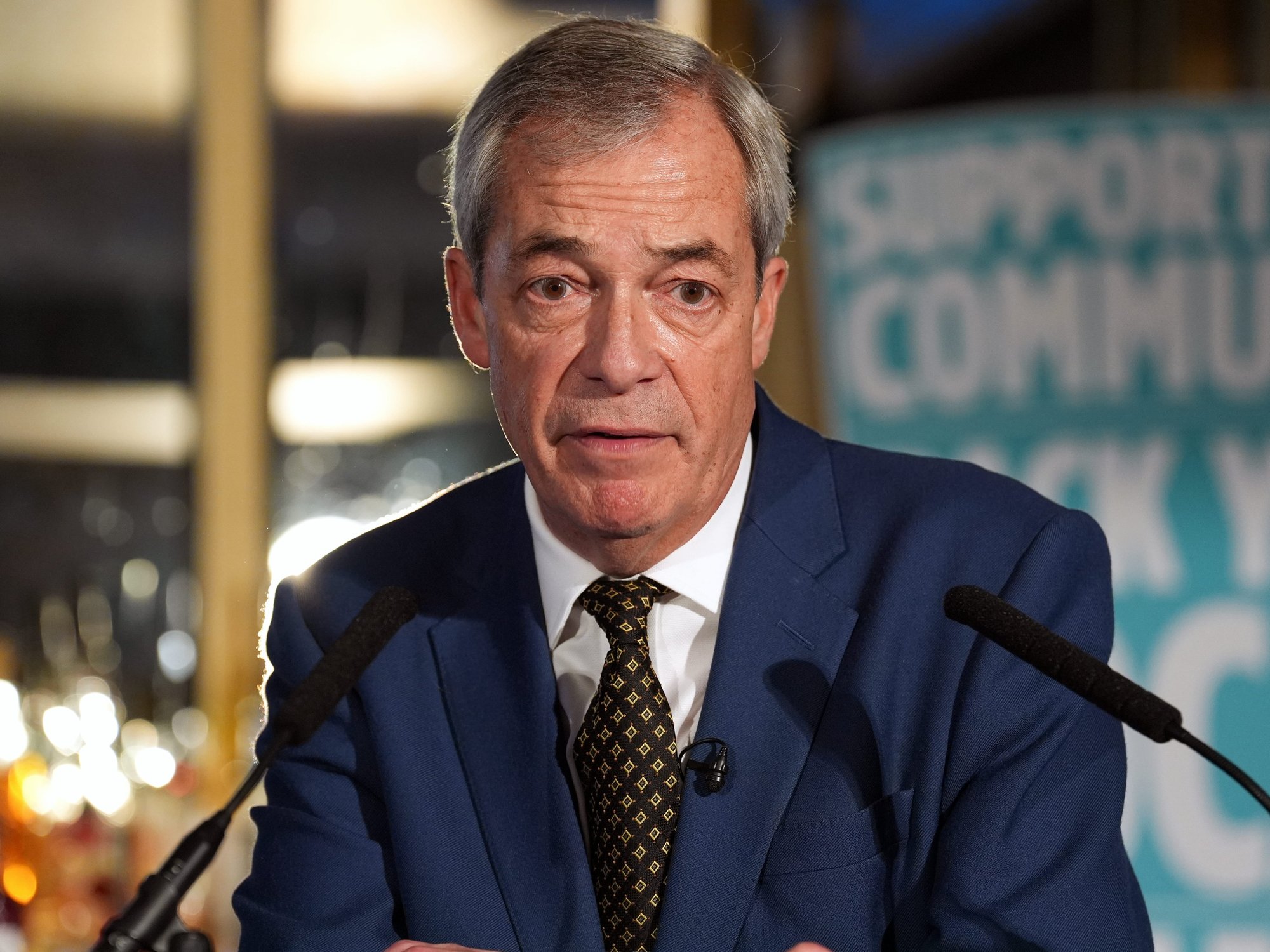Drivers of electric cars could see energy bills skyrocket under new plans - 'Greater costs'

Experts have called on the Government to reform the pricing structure for EV charging
Don't Miss
Most Read
Latest
Electric vehicle owners could face higher electricity bills for charging their cars during peak times under radical new proposals.
A think tank has called for the removal of energy price cap protections for high-usage households, particularly those with EVs.
The proposal would target drivers who plug in their vehicles during the evening rush, especially between 4.30pm and 8pm when electricity delivery costs are approximately twice as expensive as at other times.
Currently, electricity prices remain constant throughout the day, with peak-time costs spread across all users, with the report calling for changes to this structure.
Do you have a story you'd like to share? Get in touch by emailing motoring@gbnews.uk
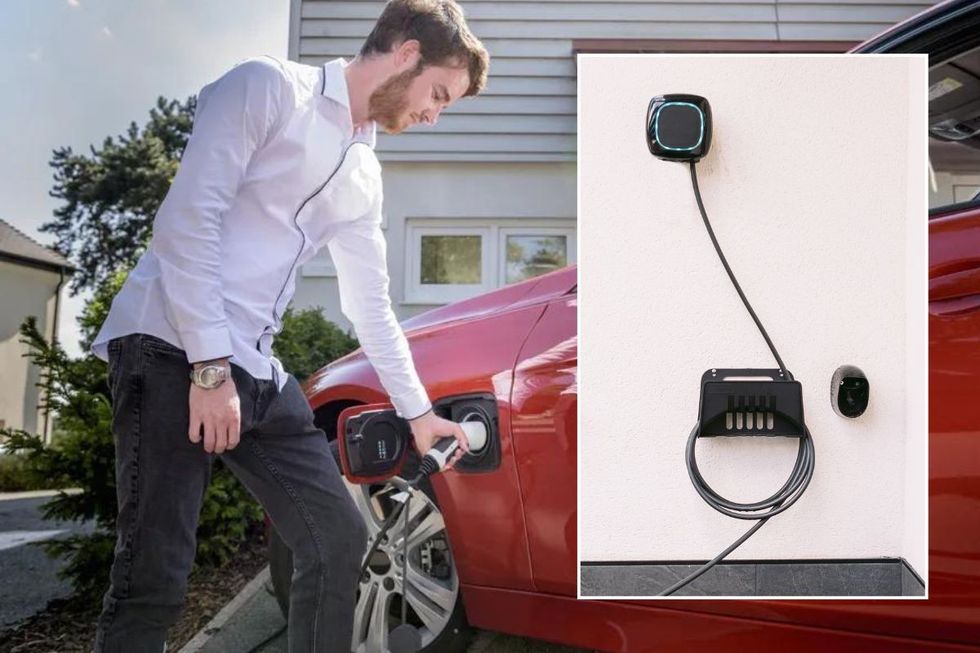
Experts have called for new reforms to the pricing structure for EV charging
| GETTYResolution Foundation stated: "As EV adoption grows, owners who don't shift their significant energy usage will push up peak demand, imposing greater costs on the system and inflating bills for everyone else."
The think tank warned that widespread adoption of electric vehicles could render the current pricing system unsustainable.
A surge in drivers charging their cars upon returning from work would create massive spikes in delivery costs that would increase bills for all consumers.
Zachary Leather, who authored the report, explained that the UK is transitioning to a different kind of energy system, "one where we need demand to respond a bit more to the supply [of energy]".
He added: "Wind and solar and other kinds of renewables are variable, rather than being able to be turned off and turned on at will, so that means that we need more flexibility in the system."
The analysis suggested that without intervention, the collective impact of evening charging could significantly strain the electricity grid and inflate costs across the board.
To combat this, the report suggested introducing variable tariffs which could deliver substantial savings for electric vehicle owners who adjust their charging habits. The Resolution Foundation estimated that typical EV owners could save £120 annually by charging overnight rather than during peak hours.
The research indicated that broader energy market reforms, including flexible pricing systems, could reduce electricity costs by 4p/kWh by 2040, which would translate to average household savings of £200 per year.
LATEST DEVELOPMENTS:
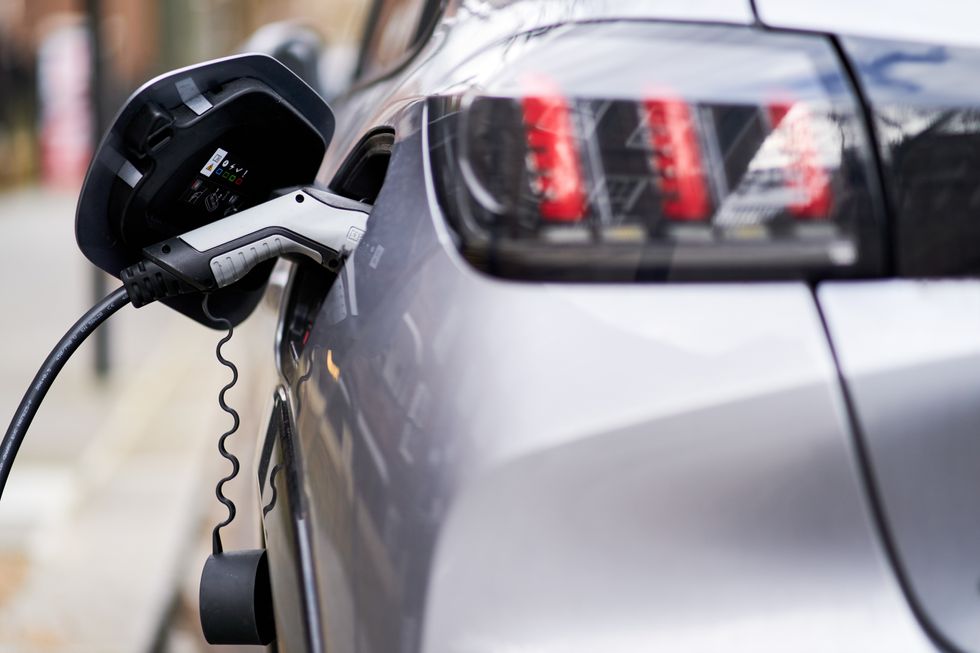
The proposed changes could help drivers save £200 per year
| PA"All of these people with lots of really high energy use are the kinds of households that are likely to be able to contribute to cheaper bills by flexing that energy use," Leather said.
The Foundation noted that electric vehicles are expected to account for nearly three-quarters of the new flexible capacity by 2030, making them central to the proposed pricing reforms.
The Government has been urged to implement a usage limit above which Ofgem's current fixed-tariff price cap would not apply, according to the Resolution Foundation.
"To ensure households with EVs and other technologies that can use electricity in off-peak times do so, the Government should give a strong nudge to consumers," the Foundation stated.
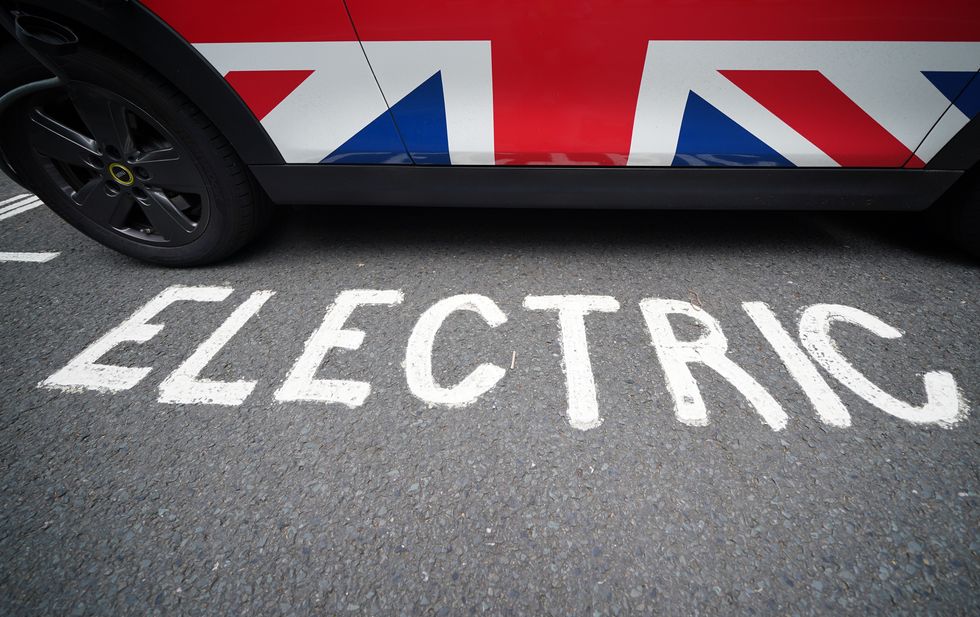
The proposal calls for drivers to be charged more to power their cars during peak hours
| PAThe proposals form part of a wider review of electricity market arrangements, including potential "zonal" pricing that would divide Britain's energy market into different regions with prices based on local supply and demand.
Energy Secretary Ed Miliband is also considering whether to adopt such a system, with an announcement expected shortly.
A Department for Energy Security and Net Zero spokesperson told The Telegraph: "Off-peak tariffs already offer savings of around 75 per cent for electric vehicle owners when they charge overnight."
Leather urged the Government to encourage households with flexible but high-energy use technologies like EVs to shift their electricity usage out of the peak-time early evening period.


